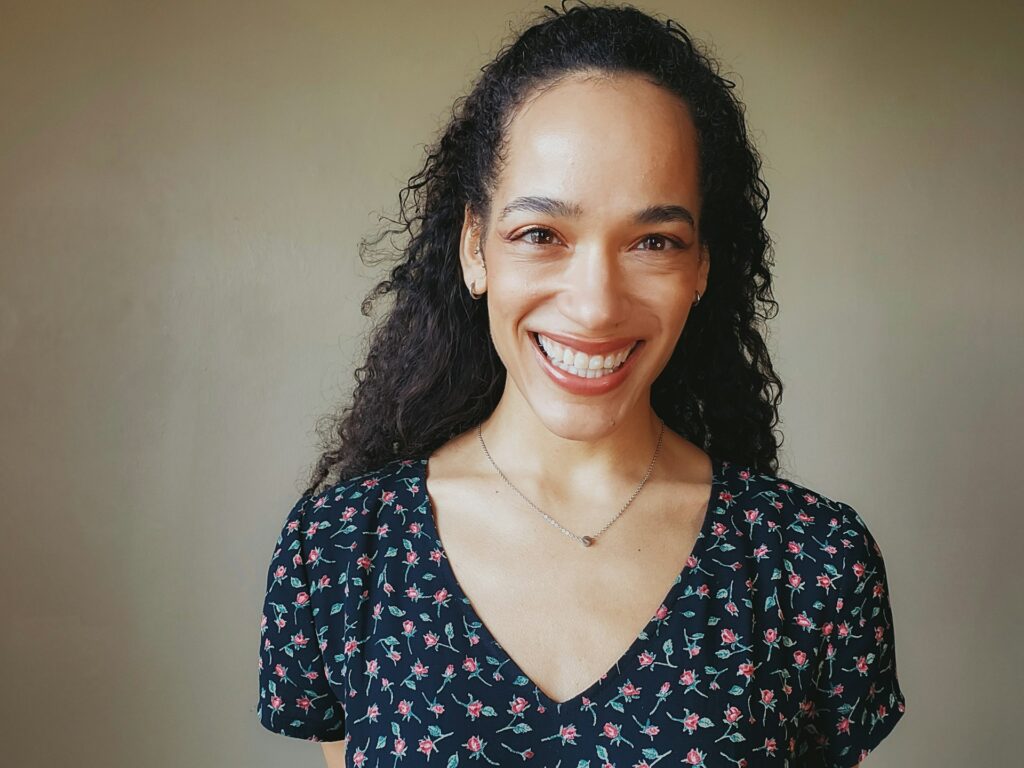For many adults, recognising that lifelong traits might be linked to autism can be both enlightening and daunting. Questions about identity, relationships and workplace challenges often lead people to seek professional evaluation.
Understanding how the diagnostic process works can make the journey smoother. This guide outlines each stage so you can approach an assessment with confidence and practical knowledge.
Why Might An Adult Seek An Autism Diagnosis?
Some adults notice patterns in social interaction, sensory sensitivity or communication style that differ from those of friends or colleagues. Others may have children who receive a diagnosis and then recognise similar traits in themselves.
Recent community health data suggests that awareness of neurodiversity is steadily increasing across the UAE, with more adults choosing to explore assessments than ever before. Gaining clarity can help individuals access tailored support and gain a deeper understanding of their own experiences.
What Preparations Help Before An Assessment?
Before booking an appointment, gather personal history that highlights key moments from childhood to adulthood. Old school reports, medical records and family observations can provide valuable insight into early development.
Writing a timeline of social experiences, work challenges and sensory sensitivities will help the clinician see a full picture. It is also helpful to list any previous diagnoses or therapies, even if they seem unrelated.
What Happens During An Initial Appointment?
The first session typically begins with a detailed interview covering medical history, social development and current concerns. Clinicians use recognised diagnostic tools, which may involve questionnaires and structured conversation.
Adults are encouraged to describe real life situations rather than memorised answers. The atmosphere is designed to be welcoming, allowing the evaluator to observe natural communication and behaviour.
Are Additional Tests Or Observations Needed?
Some assessments include cognitive or language testing to better understand strengths and challenges. A clinician might request input from a family member or someone who knew you as a child to confirm early traits.
This is not about proving or disproving identity but about building a comprehensive profile that reflects your life story.
How Are Results Shared?
After the evaluation the specialist reviews all observations and test results before providing feedback. A formal report explains the findings, outlines any diagnosis and offers recommendations for support.
These suggestions may include therapy, workplace accommodations or community resources. Receiving the report can be an emotional moment, so many clinics schedule a dedicated session to discuss next steps and answer questions.
What Support Follows A Diagnosis?
An official diagnosis opens doors to services such as counselling, social skills training and workplace guidance. Local support groups and online communities provide valuable connections with others who share similar experiences.
Employers in the UAE are increasingly aware of neurodiversity and may offer reasonable adjustments to create inclusive workplaces. Some individuals also find that understanding their own needs helps them explain preferences to friends and family.
How Should You Approach The Journey Emotionally?
Seeking a diagnosis can stir a mix of relief and uncertainty. It helps to set aside time for reflection after each appointment.
Speaking with a trusted friend, therapist or support group can provide perspective. Remember that a diagnosis does not change who you are; it simply offers language and insight for experiences you have always had.
Why Take This Step Now?
Adult autism assessments in the UAE give people of all ages a chance to understand themselves more fully. Whether you are seeking answers for personal growth, better workplace support or clearer communication with loved ones, an evaluation can be life changing.
By preparing well, choosing experienced professionals and embracing the process, adults can move forward with greater self knowledge and practical tools for everyday life.
Taking this step now can also help you access tailored resources and community connections sooner. Early recognition of your unique strengths and challenges can open doors to support networks, workplace accommodations and strategies that make daily life easier and more fulfilling.
The sooner you begin, the sooner you can benefit from understanding yourself in a way that promotes confidence and wellbeing.

